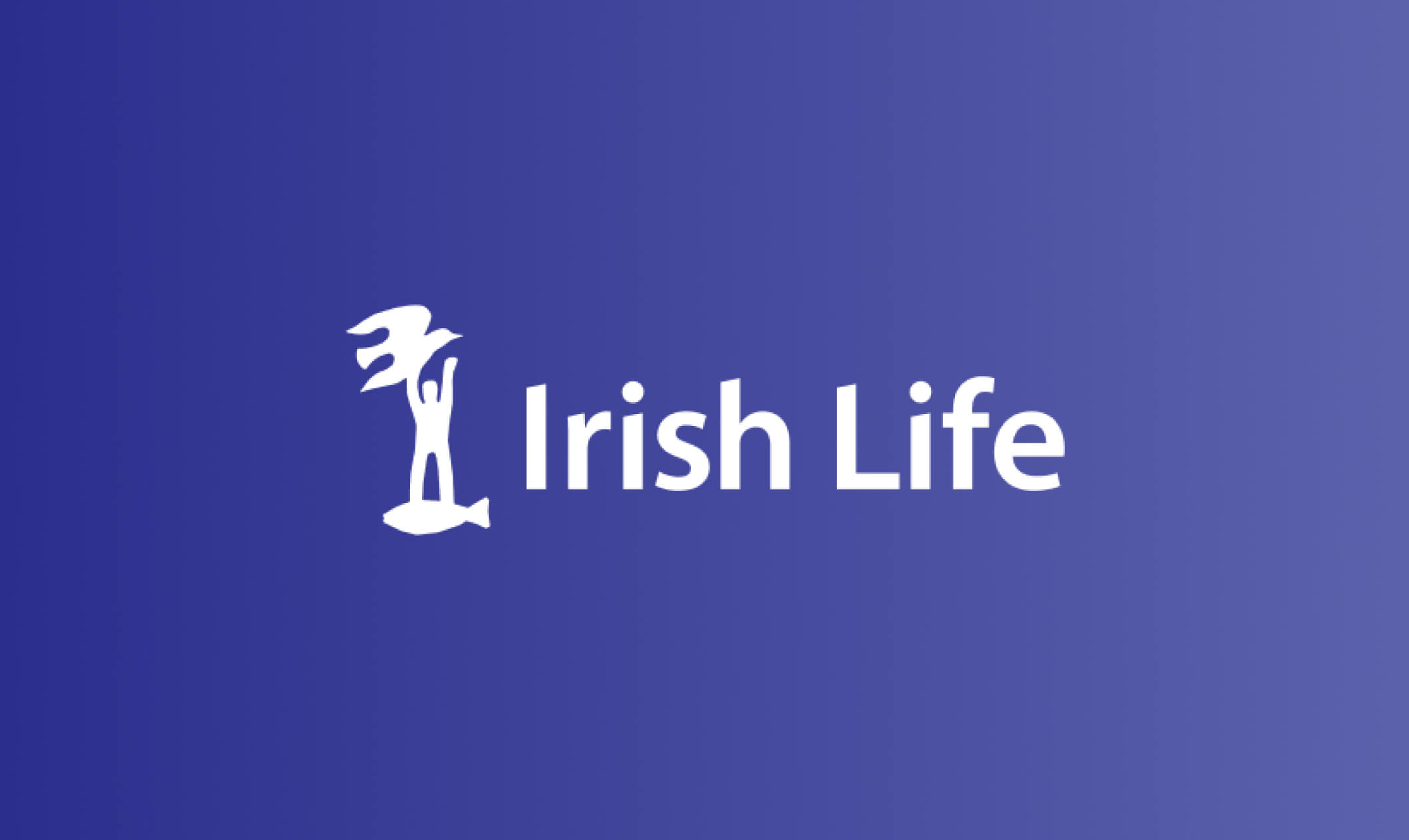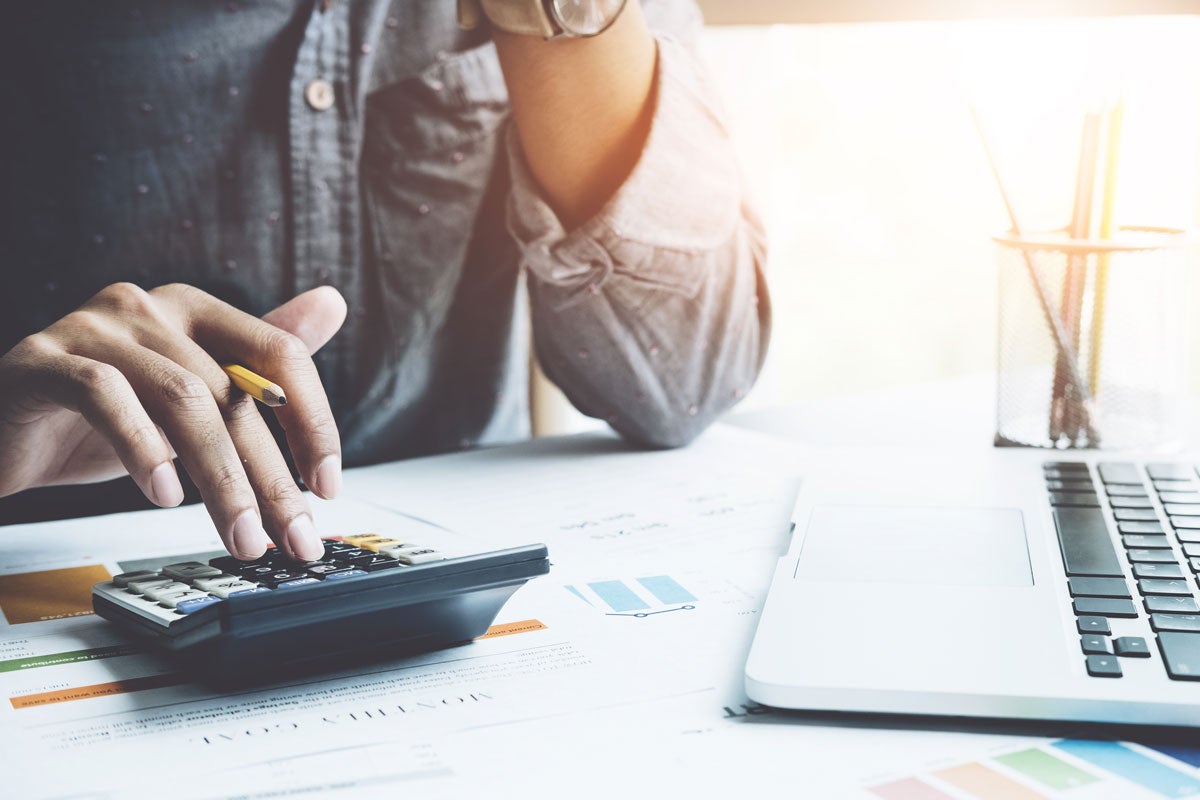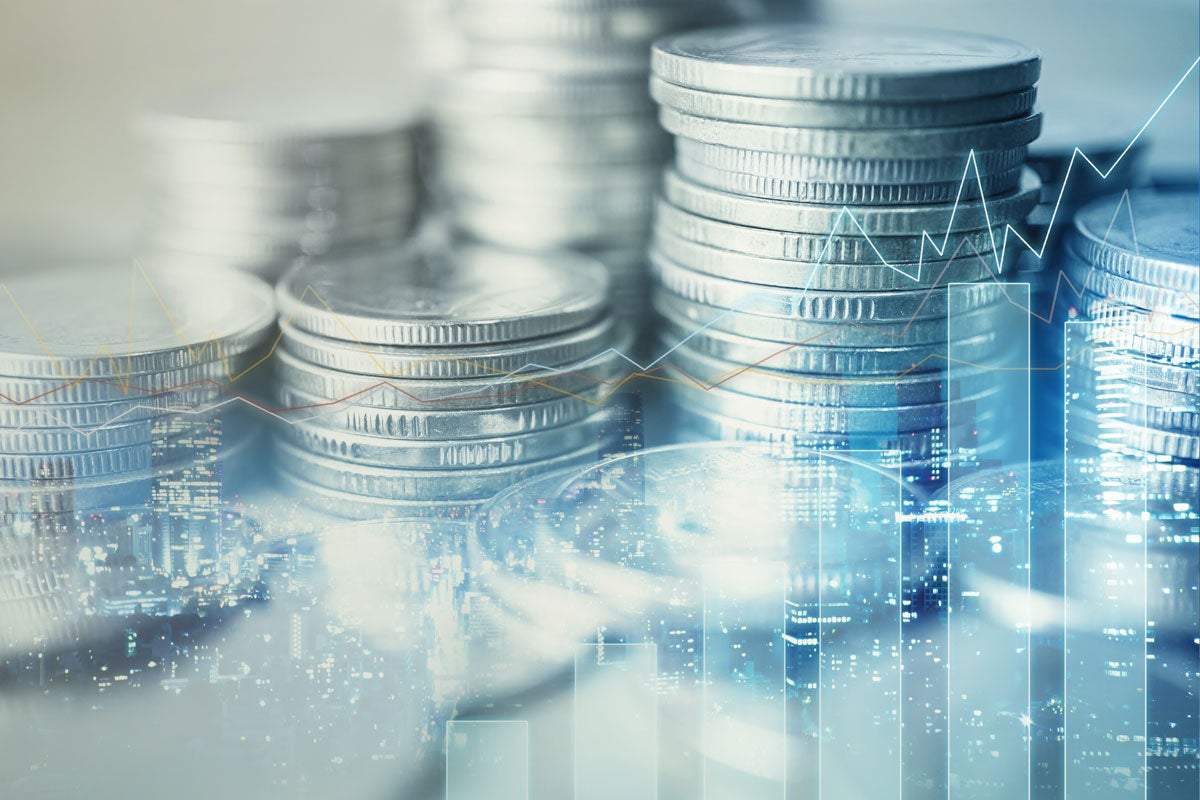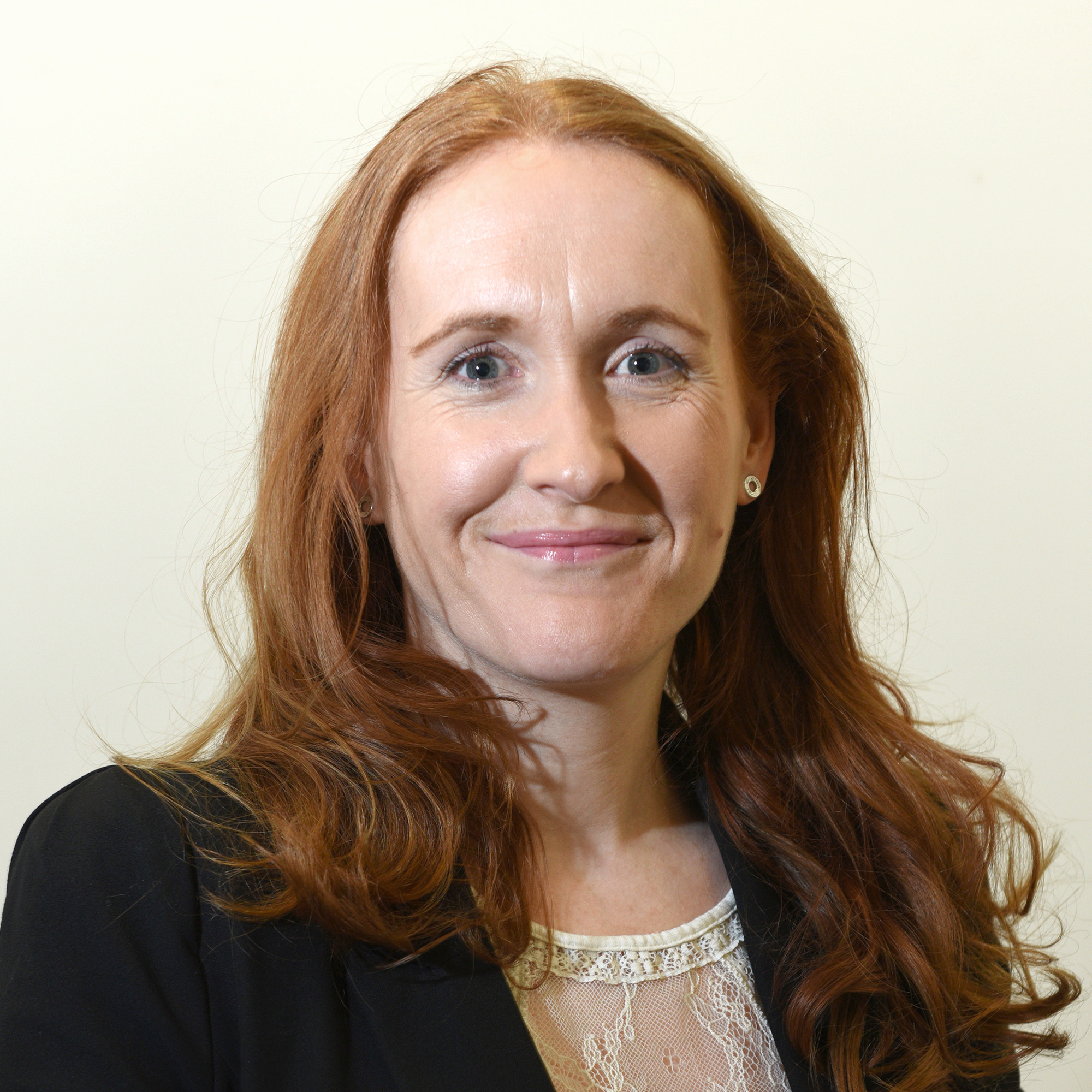If you passed the investment checklist and you want to take the plunge, our advisors are here to help with free, expert advice.
Book an appointment virtually or in-person at a time to suit you.

by Irish Life Financial Services
Written by Irish Life staff
Guides • 26 March 2025 • 8 min read

The pros and cons of saving
The pros and cons of investing
What money actually is
Who might be in a position to invest
In either case, you’re taking money and putting it somewhere for a while. But here’s the difference:
For the purposes of this article, we’re going to consider investing to be putting money into a fund, stocks, or other growth asset. We’ll define saving as keeping accessible money aside for a rainy day – whether that’s in a bank account, credit union, or stuffed into a mattress.

Time is investment's secret sauce
Investing is better suited to long-term goals. And we mean long.
Because your money has a better chance to grow over time, you’re much better off leaving it well alone. In fact, the more time you spend invested the higher your chance of a return – so it’s in your best interests to invest and forget about the money for a while.
On the other hand, money that you save is unlikely to ever grow. You may get a small return from the company or institution holding your cash, but chances are that money will still be eroded by inflation over time.
Both investing and saving can be part of a holistic financial health plan.
Investing promotes long-term growth (hopefully!) but saving is vital too. The benefit of saving is that the money is right there when you need it. Saving is for your rainy day fund whereas investing is (to stretch a metaphor) for building flood defence systems for a city. It takes time.
It’s important to make sure you have some money in savings before you think about investing. This should be enough to cover immediate expenses (we call this an emergency fund) and be cash you can easily get.
This is because of the obvious potential downside to investing: while you may get a return on your investment, there is a risk that you will lose some or all of your money.

Ireland loves to save - but should we?
We’re a nation of savers in Ireland.
While the increased cost of living has reduced the Irish savings rate significantly, it’s still estimated that Irish households saved a collective €24 billion in 2024[1] with deposits in bank accounts comprising a significant portion of that.
Saving is all about peace of mind and accessibility. When you save, your money is always there for you. Life is full of surprises, and savings are perfect for unexpected expenses – like if your car breaks down or if you need to pay for a trip to the vet. When these sudden costs appear, your savings cushion the blow.
Having some savings can reduce your day-to-day stress. When you're in the habit of setting some money aside, you don't have to worry as much about these unexpected emergencies and costs. This can help you feel generally more safe and secure.
Saving is also the first step towards building smart financial habits. Whether you can put aside a large portion of your pay or just a little bit every week, it’s a positive start.
You can first build an emergency fund to cushion the blow of unexpected costs, and sustain that habit to put money aside for larger planned expenses – whether that’s a house deposit or a big holiday.

Inflation can diminish future wealth
While one of the biggest benefits of saving is that your money is safe and sound in the bank, that’s also one of the biggest drawbacks. That money really is just resting in your account.
Because the money in a savings account is either accruing very little interest (or none at all!) then it could well lose value over time.
How? Inflation means that each year, the value of a given amount of money may decrease.
If you had €5,000 in a bank account in 2014, that same €5,000 was worth less than €3,900 in 2024[2]. The purchasing power of the money has decreased thanks to inflation, and your money has actually lost value.
In fact, that €24 billion saved in 2024 will be worth “only” €19.6 billion after a decade of inflation at just 2% per year. Almost €5,000,000,000 is a lot of cash to be eroded away!
“While one of the biggest benefits of saving is that your money is safe and sound in the bank, that’s also one of the biggest drawbacks.”
Money is (presumably) a hugely important part of your life.
Even if you’re not a money-driven person, the reality is that (unless you’re on a self-sufficient smallholding using your own wind turbine to power a modem to read this article) you need it to survive. But do you ever stop to think about what it actually is?
Money is just a medium of exchange. We swap our time and skills for a salary, which we then swap for shelter, food, and goods and services.
Before money, a chicken farmer who wanted a haircut needed to find a barber who wanted eggs. As society evolved, bartering became impractical, and money is now a common thing that enables society to work effectively.
Hopefully you can see money is only worth what you can exchange it for. If you think of money as simply “a thing” then the €100 you have in a bank account 20 years ago is the same as €100 in your bank account today.
But 20 years ago, that €100 might have paid for a weekend away. Today, you’ll be lucky to have a good night out with it.
This is why it’s important to focus not just on the number on your bank statement. This leads us to…

Investing is actually quite simple.
A lot of people don’t really consider investing as a viable option for them, even if they can afford it.
It sounds like something that ordinary people don’t do, but in fact it could be a smart financial decision for those who have the income for it – and you don’t need to be a finance whizz or a maths genius to get started investing, either.
A lot of people don’t feel confident with investing. Too much information and complexity leads to this low confidence – unfortunately, finance and investment is often presented and perceived as being very complex.
It isn’t. Not for ordinary people, anyway.
If you’re looking to begin investing then there are two ways to go about it with Irish Life:
Most people know that investment comes with risk attached, but the potential upside of investing makes it a smart financial decision for those in the position to afford it. When investing regularly and sensibly over a long period (we’re not talking months, but years – if not decades) the returns can far outpace inflation.
Ins short, investing gives your money the chance to work for you rather than just sitting in an account.

The risks of investing should be understood.
First things first: investing carries risk. Even though your money could outpace inflation, the value of your investment can go down as well as up. You could lose some or all of your money.
This makes investing a long game – it should be for much bigger and distant goals than saving.
This means that investing is only a sensible option for somebody who has everything else sorted financially. If you have an emergency fund, you’re contributing to a pension, and you’ve got your life insurance and other financial essentials sorted, then you’re in the perfect position to invest any spare cash.

Investment can make sense if you're financially sensible.
This depends on your goals and your current financial situation, but let’s break it down.
If the answer to one or more of the following questions is no, then it probably makes more sense to focus your finances on these areas before you think about investment.
If you have a handle on your budget, you’ve built a solid emergency fund, you’re making the most of your pension, and you’re covered for the unexpected, then congratulations. You could be in a place to invest any extra income and try to start making your money work for you – speak to a financial advisor for free and see whether or not investing is right for you.
Warning: If you invest in this product you may lose some or all of the money you invest.
Warning: The value of your investment may go down as well as up.
Warning: These funds may be affected by changes in currency exchange rates.
[1] Household Saving Q4 2024 | Central Statistics Office
Free consultation
If you passed the investment checklist and you want to take the plunge, our advisors are here to help with free, expert advice.
Book an appointment virtually or in-person at a time to suit you.

Get an evaluation of your finances

Get answers to your questions

Get a free personalised plan

Get the right recommendations
“Use 60 mins to invest in your life, it’s time well spent on your future.”

- Linda Moran
Financial Advisor Irish Life
Irish Life Financial Services Limited, trading as Irish Life, is regulated by the Central Bank of Ireland. Irish Life Financial Services is an insurance intermediary tied to Irish Life Assurance for life and pensions.